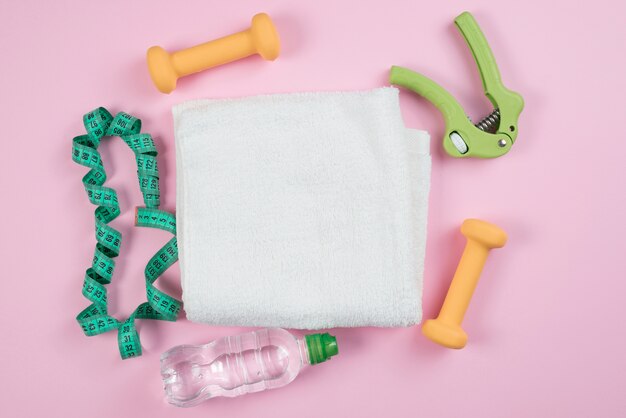
If you’re aiming to lose weight, you might think counting calories and eating less is the way to go. However, Terry Fairclough, a personal trainer and co-founder of Your Body Programme, suggests otherwise.
There’s a lot of debate around the best diet for weight loss. Should you count calories? Should your diet be low in fat, carbs, or high in protein? Is fasting the key, or maybe eating small meals throughout the day? While these strategies might have their place depending on your body type and goals, what’s clear is that drastically under-eating isn’t the solution.
Imagine someone cutting calories to get that beach-ready body. The weight might drop off, but that doesn’t automatically mean you’re losing fat, which is the actual target for most. The typical Western diet has people consuming more than necessary, so a slight calorie reduction might help—but not to the extent many think.
When you eat, your body converts carbohydrates into glucose, a necessary energy source for cells. Excess glucose gets stored as glycogen in the muscles and liver, along with water. Cutting calories results in losing stored glycogen and water, not fat. In fact, an extended calorie deficit can make your body hold onto fat, breaking down proteins instead. Protein is crucial because it helps burn fat by maintaining muscle mass.
Fat is your body’s major fuel source, providing more energy than carbs or protein. During exercise, stored fat is broken down to fuel muscles. So, cutting out fat can actually reduce the energy needed to burn unwanted fat. Plus, depriving yourself of calories and nutrients can lead to deficiencies affecting your overall health, especially the immune and liver systems, and slow your metabolism.
Not getting enough nutrients can cause various health issues like fatigue, malnutrition, and hormone imbalances, exacerbating stress. Stress increases cortisol, which in the short term can lead to weight loss but diminishes metabolism and contributes to fat gain over time, especially around the belly.
Poor dietary habits can affect digestion and sleep, further impacting weight loss. When blood sugar drops, the body releases adrenaline, disrupting sleep. Continuous poor sleep affects liver detoxification, immunity, and even your workout results.
Bodybuilders who restrict calories to get lean often increase them post-competition. However, mismanagement can lead to health problems. Cutting too many calories can put your body into a famine mode, making it store fat when you eat normally again.
The key is eating the right mix of calories, carbs, protein, and fat suited to your body type, goals, and activity level. The Your Body Programme helps determine these needs with a calculator tailored to you.
To stay healthy and encourage your metabolism, focus on a balanced diet with lean proteins like beef, chicken, eggs, or tofu for vegans, alongside healthy carbs such as fruits, vegetables, and whole grains. Include healthy fats from sources like avocados and nuts. Remember, nourishing your body correctly is the best way to achieve your weight loss goals.




